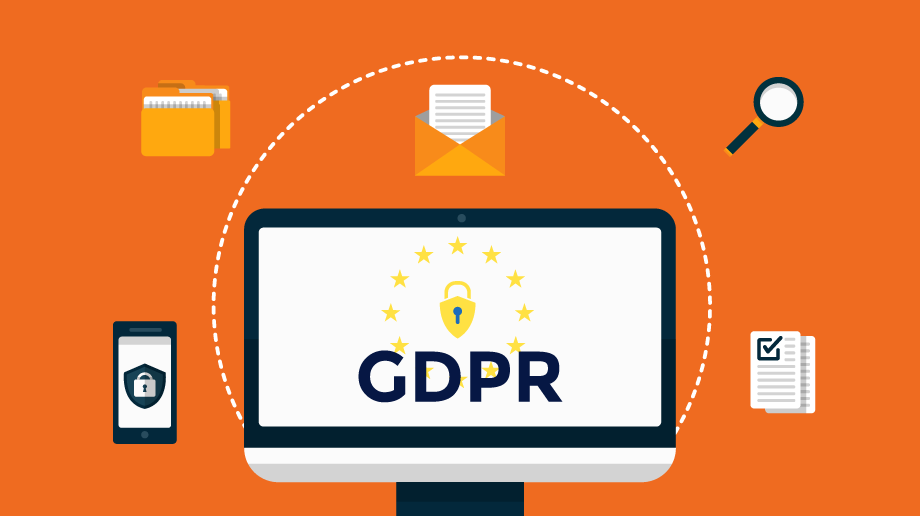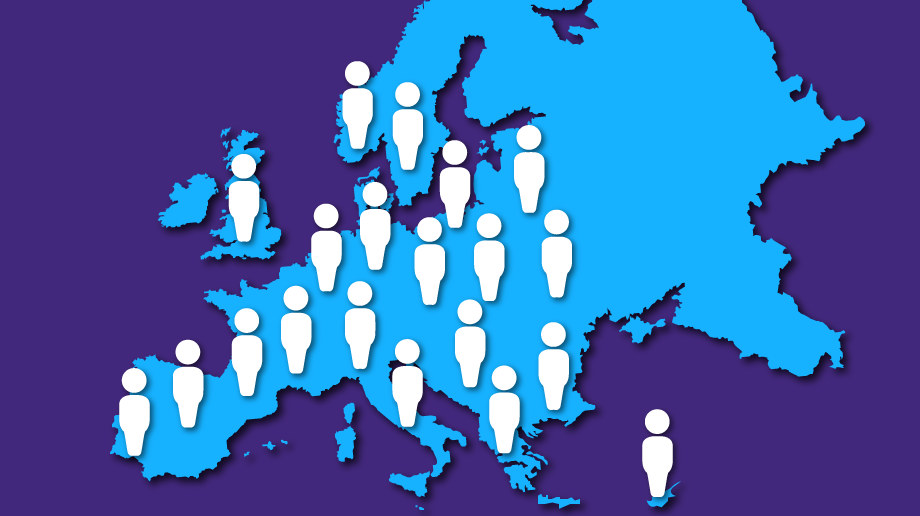It’s been at least 2 years since the public vote, the UK referendum, and since then there have been talks, disputes and votes as to Great Britain leaving the European Union with or without a deal.
For those who are unaware of what Brexit is, it refers to the exit of Britain from the EU. The UK joined the EU back in 1973 and if they decide to leave, that would make them the first member state to withdraw from it. This would surely affect UK born individuals living in different EU countries, including Spain, Ireland, Germany and Cyprus. This would also cause implications in the digital space and circumstances may prove to be challenging.
Brexit Impact on the Digital Space
Whilst negotiations are in progress and Brexit draws closer to its finalization, all digital agencies and marketers, including ones in other countries of the EU, are waiting anxiously to hear the final verdict.
In a time of unpredictability, markets have the potential to evolve faster than most digital marketers can adapt. The gap between what individuals see in the market and the reality of what truly is happening in the market will be a monumental stepping stone for the majority of marketers. Brexit could even play a vital role for everyone in the digital marketing industry, but let’s see how.
Be ready for a Deal or No Deal agreement
There is much uncertainty still so there is no exact way to go about facing Brexit’s effects just yet. This means digital marketers should remain vigilant to see how that plays out.
The UK parliament is currently in talks about a “deal or no-deal Brexit” and to clarify, this means that if the UK would withdraw from the EU with no agreement (no-deal) in place, then all multilateral agreements would also become obsolete. For the digital space, this would mean the disruption of different marketing data elements like business contracts, data flow and data protection, to mention a few.
For instance, the GDPR act will likely remain effective in the UK but without an adequacy agreement, businesses in the UK will have to find another way of retaining the free flow of data. The majority of people though are keen on pursuing an adequacy agreement, enabling the free flow of data between members of the UK and EU.

In simple terms, if a company based in the UK has EU-based customers, they would naturally use an EU-based data centre and all the data would be processed at the UK head office. Now if the UK withdraws from the EU without a deal set, then this business would lose access to its own data, forcing the company to find a new supplier or move its operations to the EU to serve its EU-based customers efficiently.
Nevertheless, Brexit will place a heavy burden on UK, EU and US marketers too. The question that many organisations ponder on is if Brexit will require agreements to be renegotiated or if the EU will come up with another agreement since Britain will set up its own laws.
Digital Single Market and how it affects Digital Marketing and e-Commerce
The Digital Single Market – a European Single Market policy – covers digital marketing, e-commerce and telecommunications and enables online trading between EU members, including services and goods without any restrictions. This initiative ensures the UK’s position as a “world leader in the digital economy”. But what will be the case if Brexit happens?
If Brexit takes effect, then the Digital Single Market will be ineffective and growth would decrease exponentially as investors and entrepreneurs would be removed from the equation too. Again, UK-based agencies would need to relocate to an EU member country in order to avoid this issue.
Will firms in the UK benefit from the promised potential for all types of businesses to expand internationally and take advantage of European markets? This is a question that is yet to be seen – until of course Brexit actually happens.
Overseas Talent and Skillsets
A major concern is the talent and skillsets of individual’s that come from mainland Europe. Most digital hubs in the UK rely on talent and individuals with high-quality skillsets that are usually not from Britain. So there is a possibility that the UK could lose this benefit.
UK businesses could possibly suffer and may affect the access they have to the single market and of course the free movement of individuals and trade.

To Summarize
It’s a fact that uncertainties still exist as regards Brexit. Even the UK parliament has not come to an agreement – they constantly postpone and extend the actual Brexit date.
What we can be sure of is that there will be a more complex situation as regards collecting and storing personal data. The digital growth and various other industries in the UK will most likely suffer a decline, in comparison to the EU member states. UK’s workforce will likely decrease as people choose to leave the UK and finally there will be short-term economy and trade implications in marketing also.
On a more positive note, however, where there are challenges there are new opportunities also, so being patient and waiting for negotiations to finish is the wise thing to do. When the fog clears then businesses in the digital space, like ourselves, will be able to act accordingly.
Published on October 24, 2019



